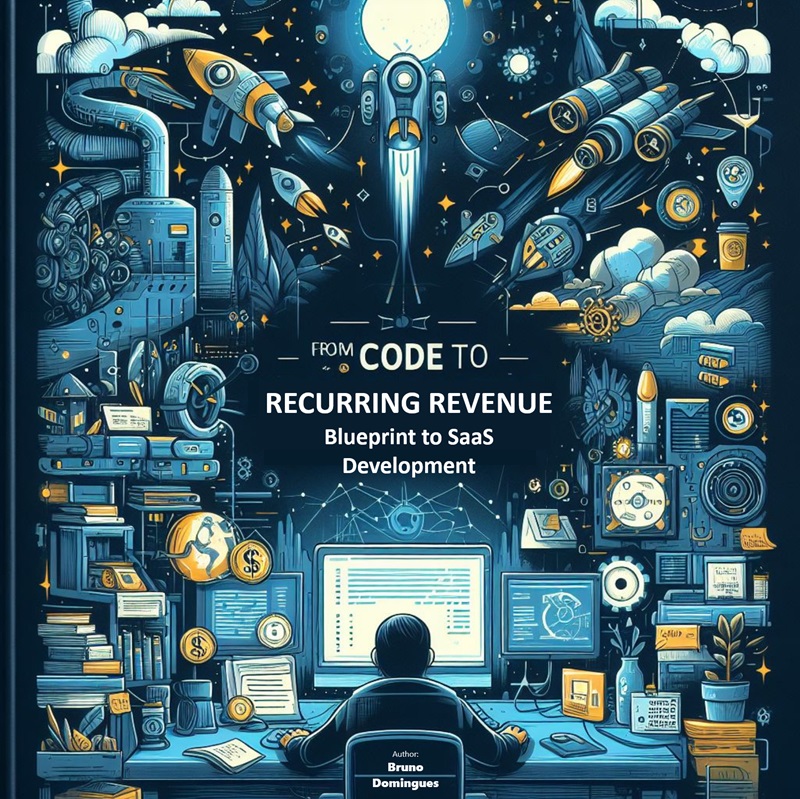Ensuring data security for your SaaS application involves implementing strong encryption, access controls, regular security audits, and staying compliant with relevant regulations.
Ensuring data security for your SaaS application is critical to protecting your users' information and maintaining trust. Implementing strong encryption is a fundamental step.
Use HTTPS to encrypt data transmitted between users and your servers, and apply end-to-end encryption for sensitive data to ensure it is secure both in transit and at rest. Access controls are another crucial aspect of data security.
Implement role-based access controls (RBAC) to ensure that users can only access the data and functionalities relevant to their roles. Regularly review and update access permissions to prevent unauthorized access.
Conducting regular security audits and vulnerability assessments helps identify and address potential security weaknesses. This includes penetration testing to simulate cyberattacks and uncover vulnerabilities before malicious actors can exploit them.
Staying compliant with relevant regulations and industry standards, such as GDPR, HIPAA, and SOC 2, is essential for ensuring data security and avoiding legal repercussions. Regularly updating your software and dependencies to the latest versions can prevent security vulnerabilities associated with outdated software.
Implementing multi-factor authentication (MFA) adds an extra layer of security by requiring users to provide multiple forms of verification before accessing their accounts. Educating your team about security best practices and the importance of data protection can also help prevent security breaches caused by human error.
Finally, having an incident response plan in place ensures that you can quickly and effectively respond to security incidents, minimizing their impact. By implementing these measures, you can ensure robust data security for your SaaS application, protecting your users' information and building trust in your brand.
